‘Two-figure growth in the e-mobility business’
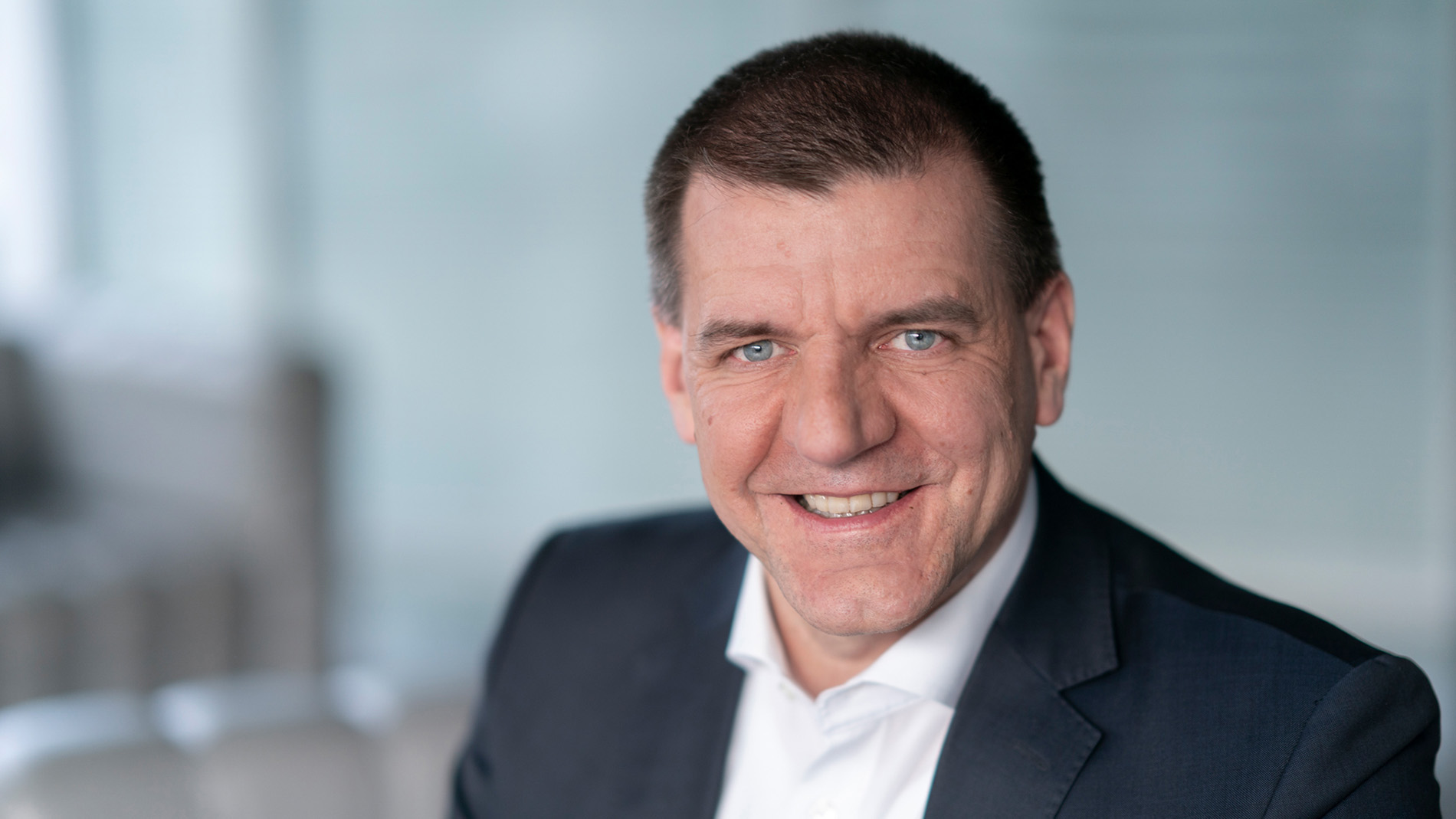
‘At Schaeffler, electrified drives have been part of our core business since 2018. In our factories around the world, we develop and manufacture both individual components for e-mobility and highly complex systems such as the 4in1 electric axle. We are also industrialising the fuel cell drive. Our competitive advantage in terms of the best products for electric drives are innovations and a high level of vertical integration. Both are essential components of the Schaeffler DNA and are part of our everyday life as a global leader in technology. This includes, for example, highly efficient electric engines and electric axle drives, highly integrated thermal management solutions and particularly powerful high-performance electronics. With these and other innovations made by Schaeffler, we want to continue to achieve two-figure growth rates in our e-mobility segment in future’.
‘Every electric car and hybrid vehicle starts with a 12-volt battery’
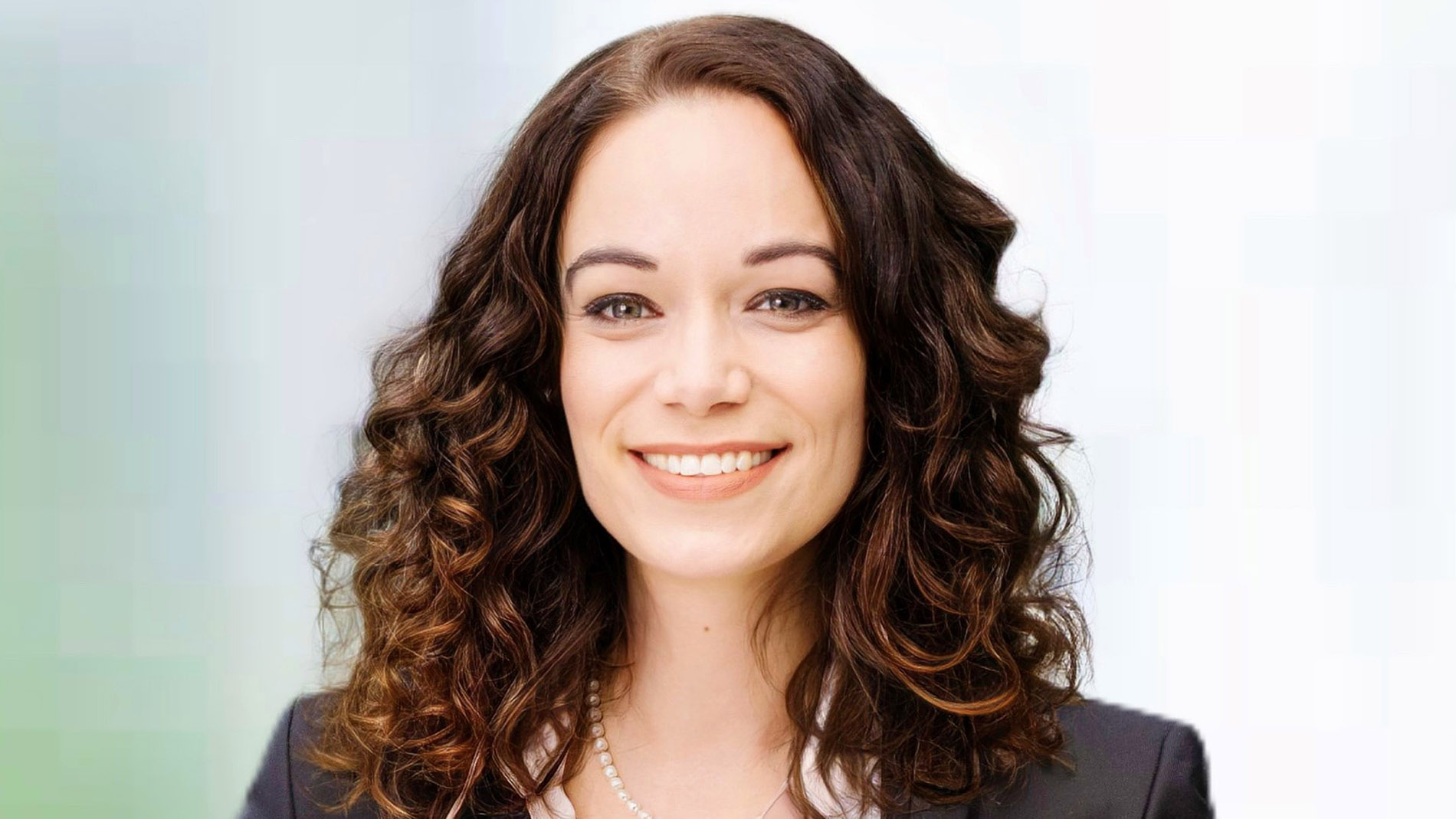
‘E-mobility is on the rise worldwide. Europe has taken on a pioneering role in this area. The company Clarios is the largest global producer of 12-volt batteries in the automotive sector. Every electric car and hybrid vehicle still uses a 12-volt system – and this will not change in the future. With our car battery brand VARTA, we already offer our customers products and services to safeguard the energy supply in every vehicle. At Clarios, we invest every year in development and production so we can continue to expand our technological leadership in 12-volt batteries for the future.’
‘Bi-directional charging will play an important role’

'With an estimated volume of around 130 million electric cars by 2035 in Europe, we need approx. 12% more electricity compared to total overall consumption today. Bidirectional charging technology can play an important role in this, particularly when it comes to renewable energies and network expansion. This means that in the future, the car will be able to serve as buffer storage for renewable energy and supply your home with electricity or feed it back into the grid’.
‘If you can deliver, you’ll be able to secure market shares’
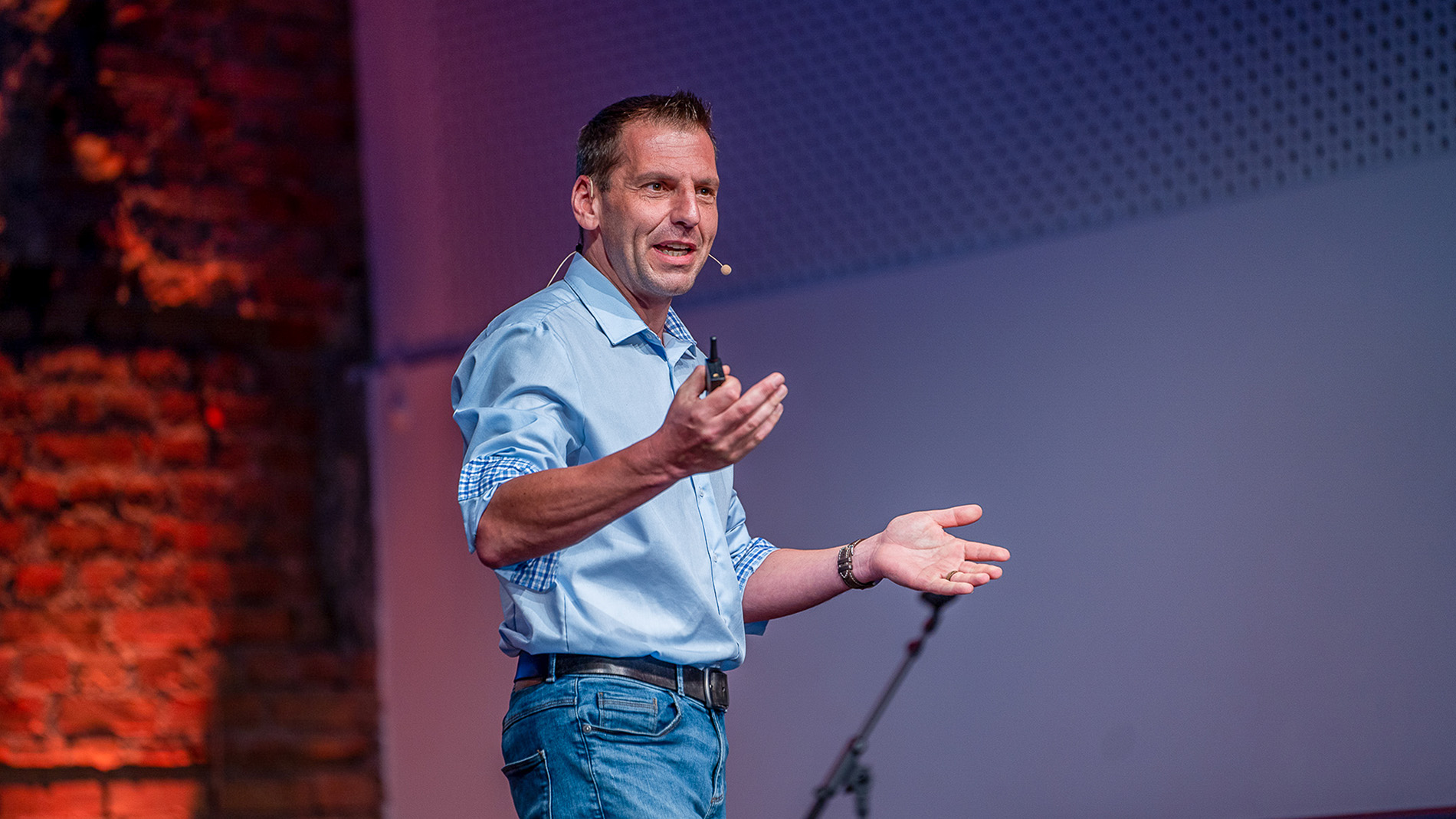
‘The issue is not about competition for the best technology, but rather who can adequately satisfy the huge demand from users. It’s about deliverable, affordable products. Brand loyalty is often pushed aside in favour of availability. If you can deliver, you can secure a significant proportion of the market. And this is not just true of the car segment, but also micromobility, light vehicles and commercial vehicles. The German and European sector is under pressure in this respect and can expect to see new, fast, high-quality competition. Users will be in their element. And what does it mean for the local economy? The transformation process must be carried out at a faster pace and more consistently than it has been up to now.’
‘Use fewer cars, but better!’
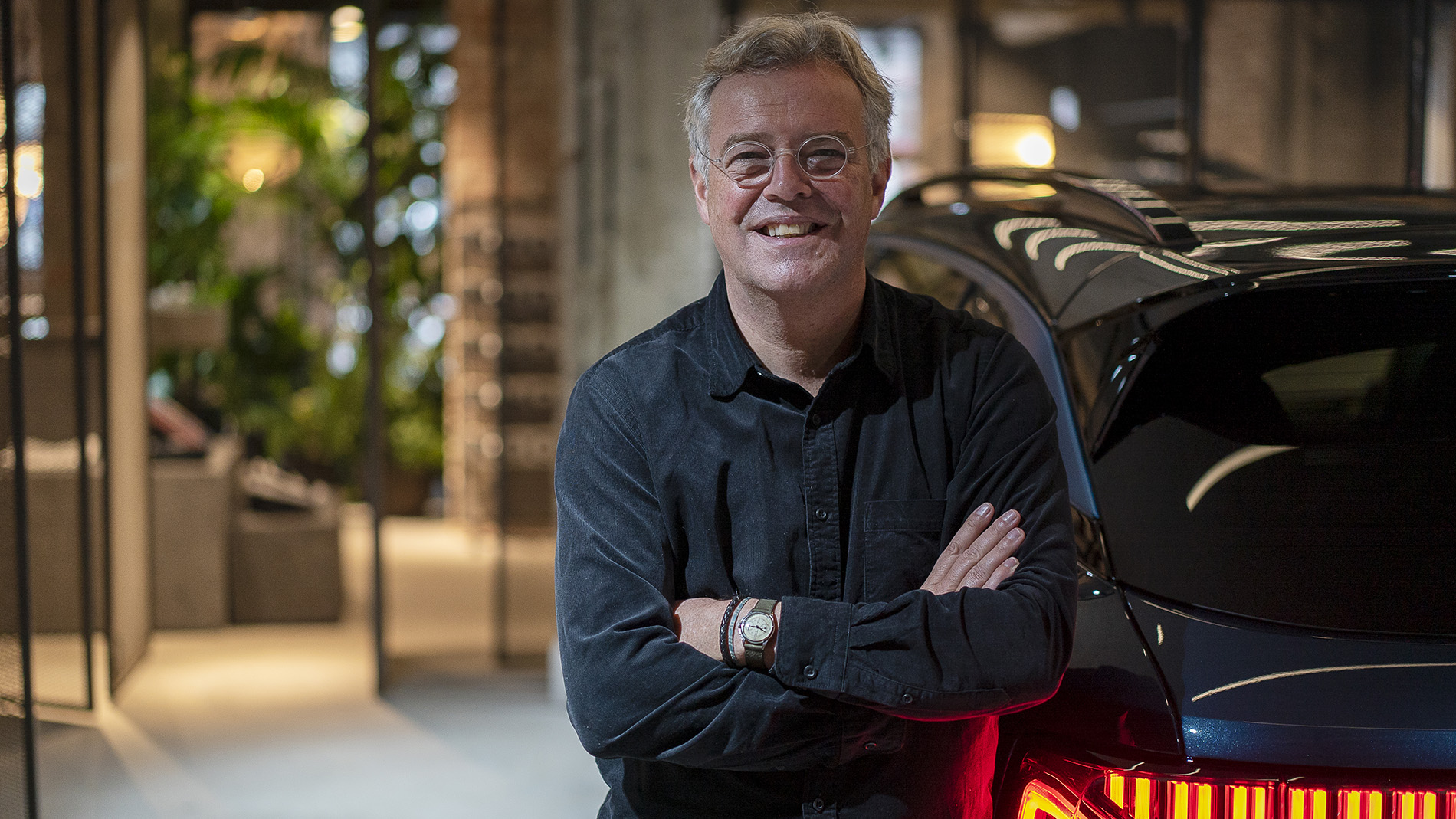
‘All the manufacturers want to sell cars – but not us! From day one, it was our goal to use fewer cars, but better. With our monthly car subscription, which is now available in seven European countries, we want to offer a new form of flexible, worry-free mobility. We want to be less of a car brand offering a product and more of a service provider brand with a product’.
‘E-mobility requires new properties of functional fluids’
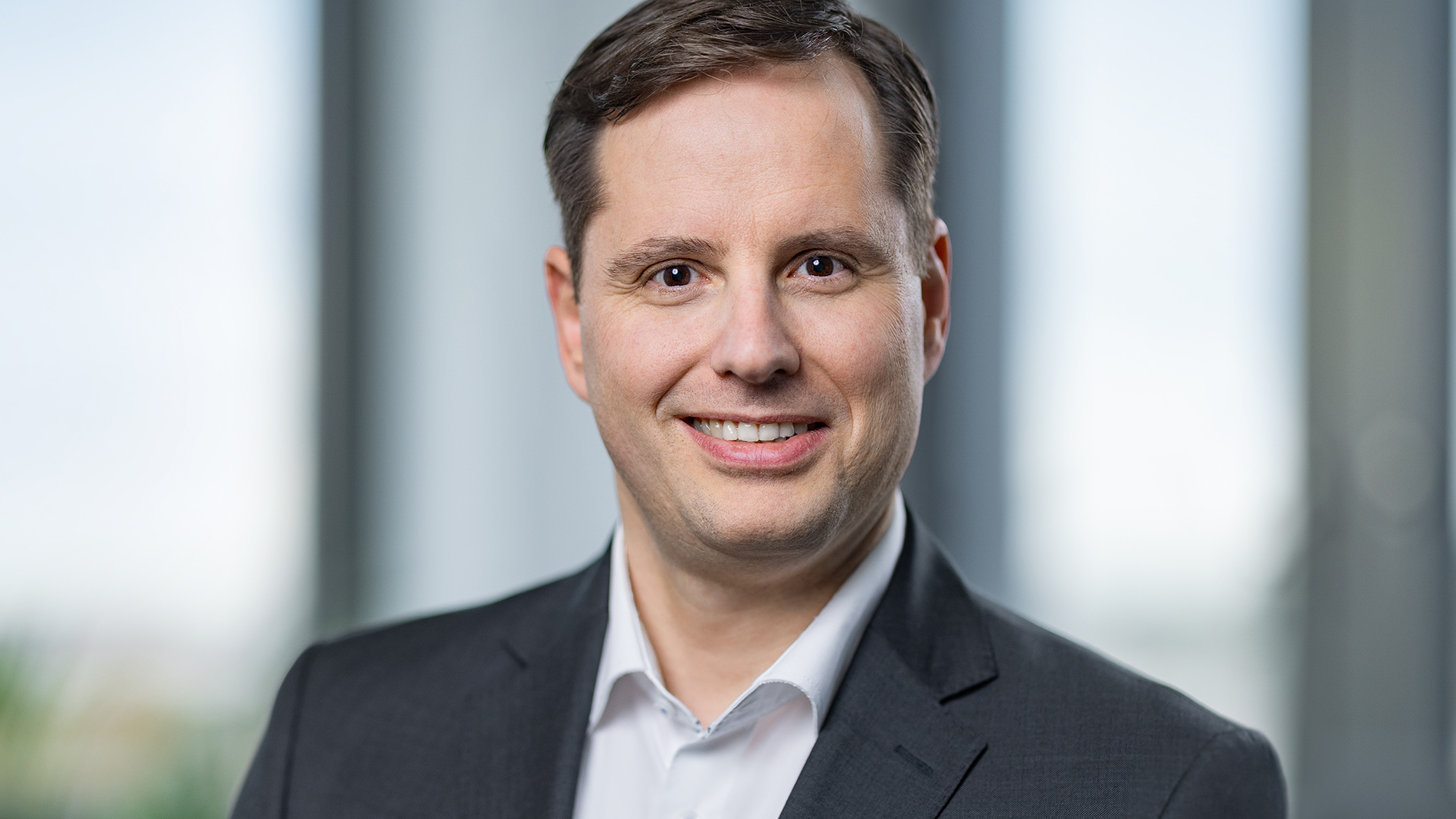
‘FUCHS sees great growth potential in the electromobility sector. Together with our customers, we develop customised solutions that meet the high demands of e-mobility. E-mobility requires new properties of functional fluids. We regard this as an opportunity for innovation and growth. The new market for functional fluids comprises a volume of around three billion euros and is relevant for many FUCHS products and solutions. The specific fluids required are thermal fluids, transmission fluids and driveline fluids. With our own product line FUCHS BluEV, we provide innovative solutions for the mobility of the future’.
‘One sticking point is reducing the existing stock of internal combustion engine vehicles’
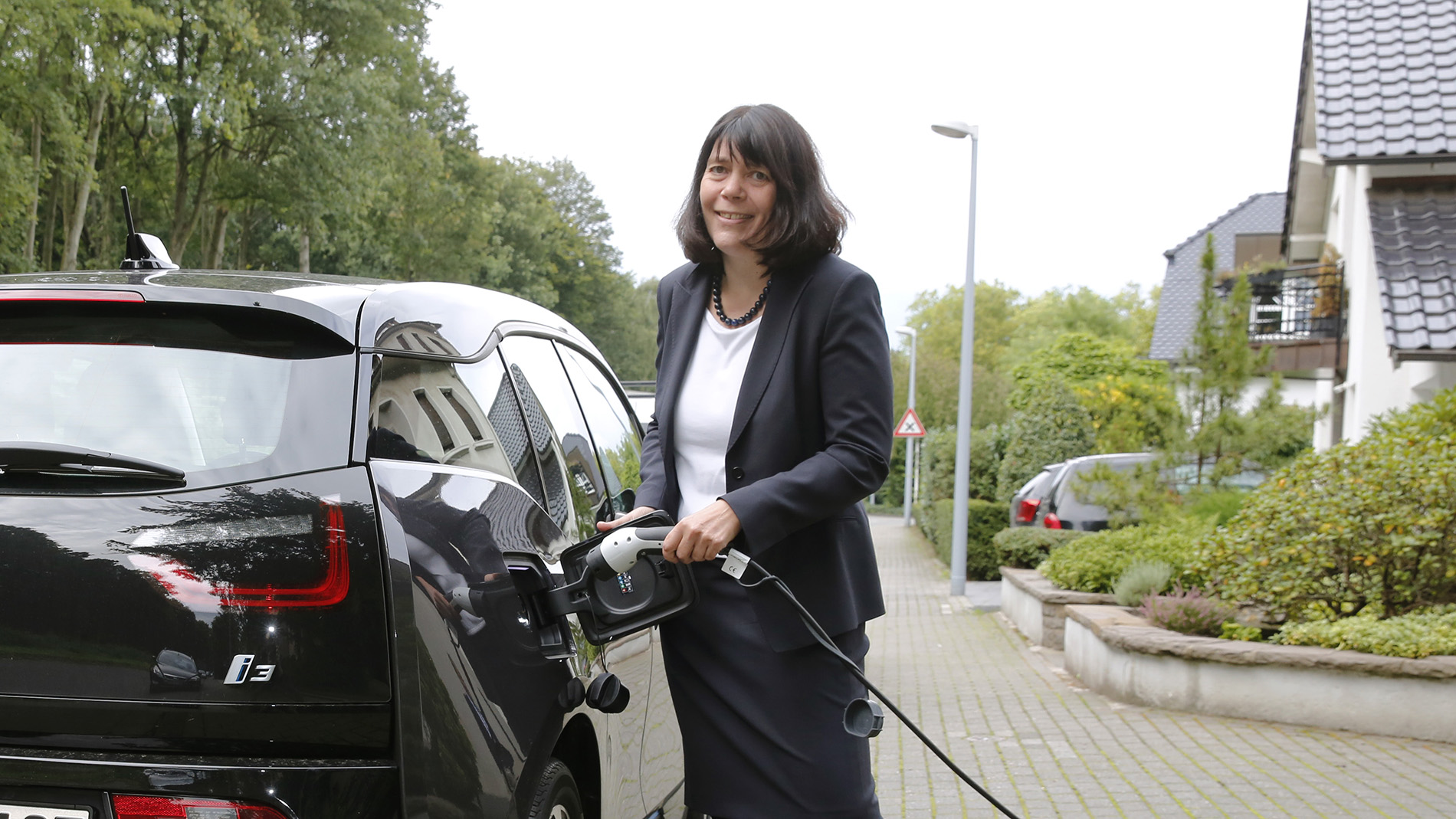
‘A car with a combustion engine generates around 70 per cent of its lifetime emissions when in use. This shows the importance of electromobility for rapid reduction of CO2 emissions in the mobility segment and thus for reaching climate targets. To reduce CO2 emissions as quickly as possible, we need electricity from renewable sources and a charging infrastructure that makes it possible to switch to an electric vehicle even in residential areas without garages. One sticking point is reducing the number of internal combustion engine vehicles (approx. 48 million in Germany). Old diesel and petrol vehicles in particular should be scrapped for scrappage premiums and e-fuels used, provided they are available in sufficient climate-neutral amounts’.